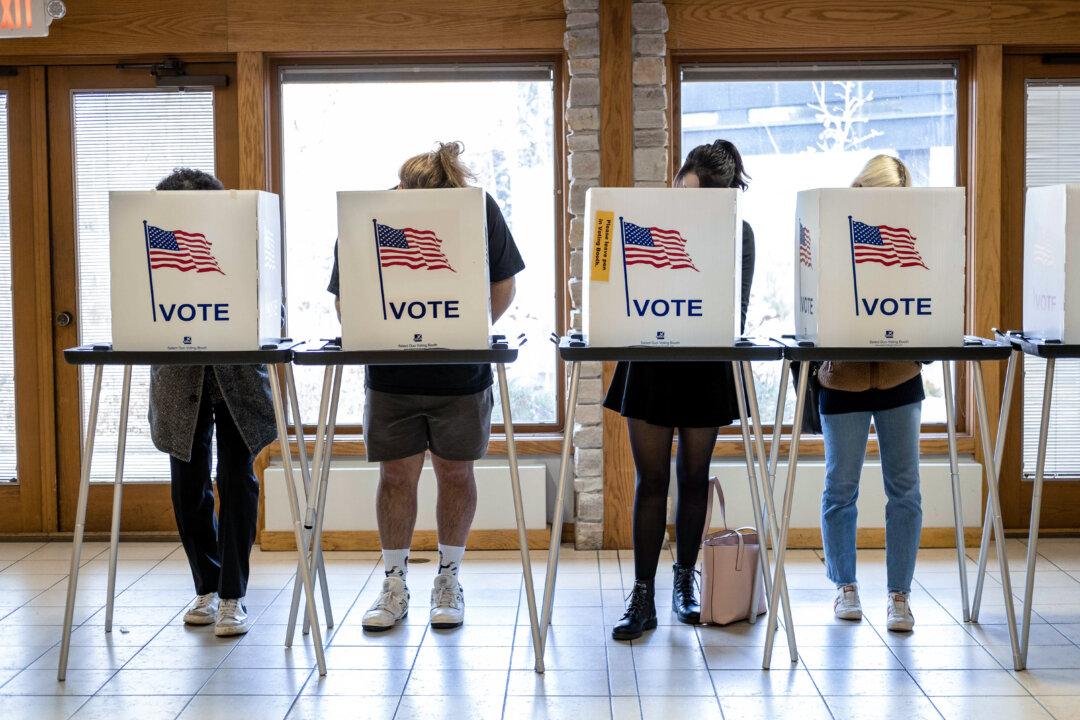A small, loose-knit group of certified public accountants (CPA) hopes to convince states to apply the same methods that accountants use to assure integrity in business to bolster voter confidence in elections.
“What we want to do is make sure that eligible voters can find it very easy to vote, and people who are not eligible to vote can’t,“ retired Marine Reserve Col. Frank Ryan told The Epoch Times. ”Then, we want to make sure that every vote that is cast is counted.”





